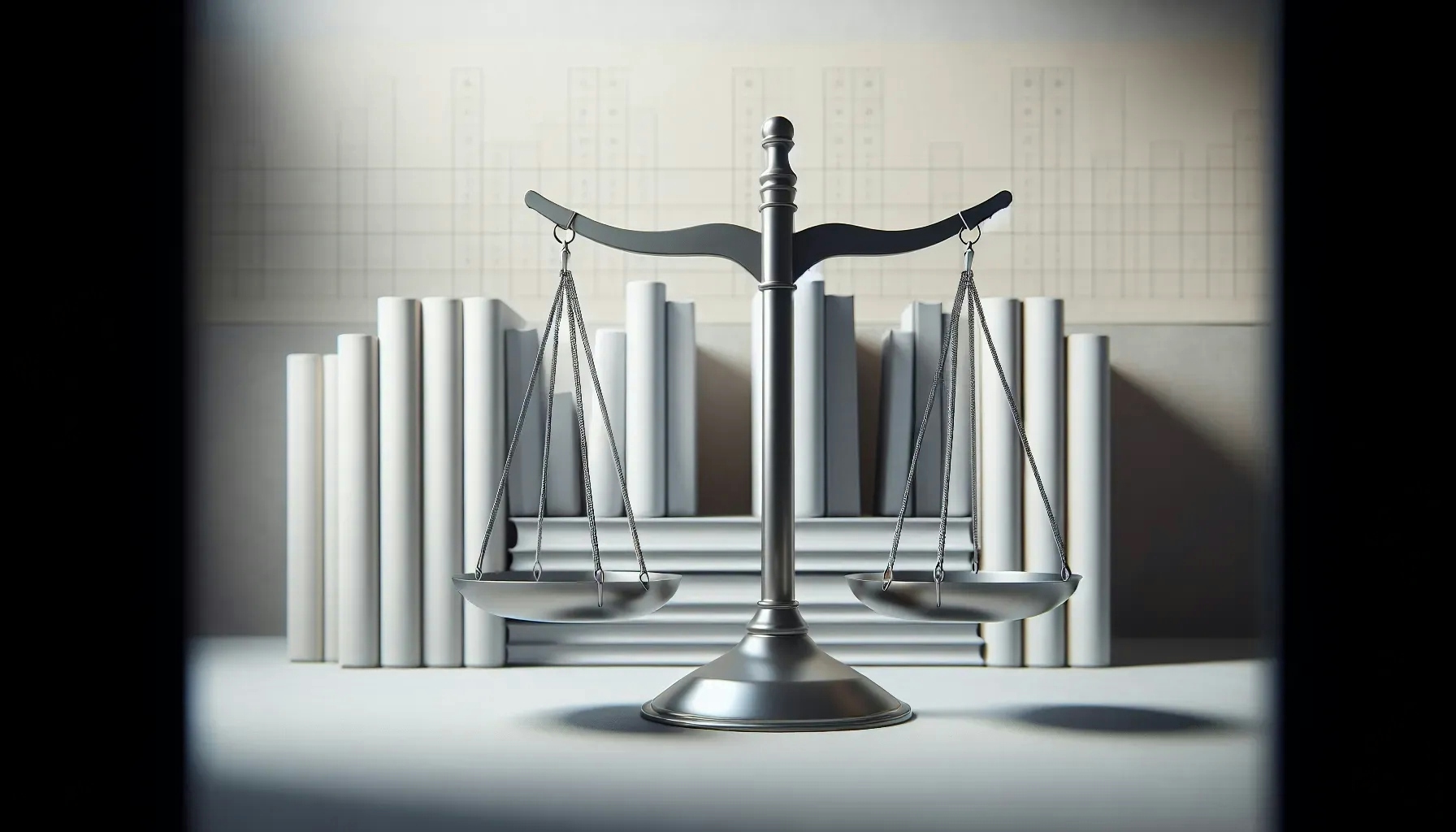What Approaches Ensure Fairness in Employee Disciplinary Actions?
EmployeeRelations.io

What Approaches Ensure Fairness in Employee Disciplinary Actions?
Navigating the complexities of employee discipline requires both fairness and consistency, a challenge that HR professionals and company leaders face daily. From documenting feedback for transparency to setting clear guidelines from the start, we've compiled eight expert strategies. Hear from HR specialists, directors, and managers on their approaches to maintaining equitable disciplinary practices.
- Document Feedback for Transparency
- Foster Credibility Through Interaction
- Incorporate Neutral Third-Party Evaluation
- Enforce Consequences Equally for All
- Develop Clear Disciplinary Policies
- Outline Policies for Consistent Actions
- Standardize and Communicate Disciplinary Steps
- Set Clear Guidelines from the Start
Document Feedback for Transparency
Discipline for performance shouldn't come as a surprise to an employee. It is most likely that the behavior has been identified much earlier. Providing documented feedback, performance assessments, and speaking to the issue as soon as it occurs will alleviate the 'surprise factor.' Transparency and fairness lead to more open conversations and the potential of turning 'unwanted behavior' into 'desired behavior.'

Foster Credibility Through Interaction
An effective approach I've implemented to ensure fairness and consistency in employee disciplinary actions involves fostering credibility through an interactive process. This process entails engaging in discussions about the causes and effects of undesirable behaviors or outcomes. It's essential to delve into what might be happening with the employee that could be contributing to the challenges they're facing. This approach isn't about allowing excuses or avoiding accountability; rather, it's about recognizing that employees are more than just their work output. By creating an environment where employees feel comfortable discussing errors openly, we build trust and enable them to reach their full potential. Furthermore, taking the time to discover and offer support provides clarity and accountability for employees, regardless of whether disciplinary action is ultimately taken.
Incorporate Neutral Third-Party Evaluation
I’ve found that incorporating a neutral third-party evaluator into an alternative dispute resolution process has proven to be a valuable approach in fostering fairness and consistency when addressing disciplinary matters. By engaging an evaluator who is not affiliated with the employee or company and has no vested interest in the outcome, HR can ensure an impartial examination of the facts and receive expert guidance on resolving the situation effectively. This reliance on an unbiased party not only builds trust among employees but also affirms the company's commitment to upholding fairness and transparency in its people policies and procedures.

Enforce Consequences Equally for All
One of the best things I've done to ensure that disciplinary actions are fair and consistent is to demonstrate that the consequences are the same for everyone in the company, no matter how close they are to the leadership. This principle is very important for ensuring that our standards are based solely on behavior and achievement, not on personal feelings or relationships.
At work, I had to make the tough decision to fire a high-performing employee who was also a close personal friend. This experience illustrates how this method works. The individual had violated a key business policy several times, and even after multiple warnings, no corrective action was taken. This case was a real test of our commitment to fairness in our disciplinary process.
By proceeding with the termination, it sent a clear message to everyone in the organization: rules must be adhered to by all, and punishments are the same for everyone, regardless of their position or relationship to the leadership team. This action strengthened the trust and respect of our team and made our management practices more credible.
Even though these steps are difficult, they are necessary to maintain an open and equitable workplace where everyone understands that accountability is paramount. This approach not only improves the discipline of the company but also strengthens the ethical framework within which we operate.

Develop Clear Disciplinary Policies
HR professionals collaborate with management, legal advisors, and relevant stakeholders to develop comprehensive disciplinary policies that outline expected conduct, performance standards, and consequences for policy violations.
HR ensures that disciplinary policies are clearly communicated to all employees through employee handbooks, orientation sessions, training programs, and the company intranet. Employees should have easy access to the policies and understand the expectations and consequences.
HR ensures that disciplinary actions are applied consistently and fairly across all employees, regardless of their position, tenure, or relationship with management. The same standards and procedures should be followed for all employees to avoid perceptions of favoritism or discrimination.
When an alleged policy violation occurs, HR conducts a thorough and impartial investigation to gather facts, interview witnesses, and assess the evidence. The investigation process should be conducted promptly, objectively, and confidentially.
HR ensures that employees are afforded due process rights, including the opportunity to respond to allegations, present their side of the story, and provide evidence in their defense. Employees should be informed of the specific policy violation(s) they are accused of and given a fair opportunity to explain or dispute the allegations.

Outline Policies for Consistent Actions
One approach I've taken to ensure fairness and consistency in employee disciplinary actions is implementing clear and transparent policies and procedures. By clearly outlining expectations and consequences for misconduct or performance issues, all employees understand the standards they are held to. Additionally, providing thorough documentation of incidents and disciplinary actions ensures consistency in handling similar situations across the organization. Regular training and communication with managers and employees further reinforce the importance of fairness and consistency in disciplinary actions, fostering a culture of trust and accountability within the workplace.
Standardize and Communicate Disciplinary Steps
One effective approach I've implemented is the development and rigorous application of a standardized disciplinary policy that is clearly communicated to all employees. This policy outlines specific behaviors that warrant disciplinary actions and the steps that will be taken when such situations arise, ensuring everyone understands the expectations and consequences from the outset.
For instance, the policy includes a detailed step-by-step process that begins with a verbal warning and escalates to written warnings, suspension, and possibly termination, depending on the severity and frequency of the offense. Each step is documented meticulously, including the reasons for the disciplinary action, the specific behavior in question, and any previous warnings. This documentation is crucial for maintaining transparency and consistency.
Moreover, we conduct regular training sessions for managers and HR personnel to ensure they understand how to apply the policy uniformly and handle disciplinary issues sensitively and fairly. This includes role-playing exercises that help them practice how to conduct disciplinary meetings and navigate difficult conversations.
This approach has greatly benefited our organization by reducing grievances related to disciplinary actions and enhancing perceptions of fairness among employees. It helps protect the company legally and ethically while ensuring that all employees are treated with respect and dignity, regardless of the circumstances.

Set Clear Guidelines from the Start
As the CEO of Startup House, I believe in setting clear expectations and guidelines for employee behavior from day one. By creating a transparent and well-documented disciplinary process, we ensure fairness and consistency in all actions taken. This not only helps employees understand the consequences of their actions but also shows that everyone is held to the same standards. Remember, consistency is key in maintaining a positive work culture and fostering trust within the team.
